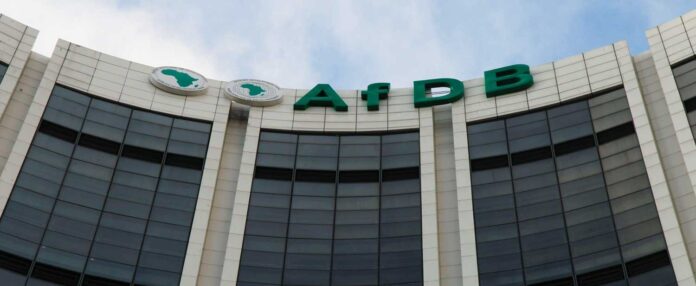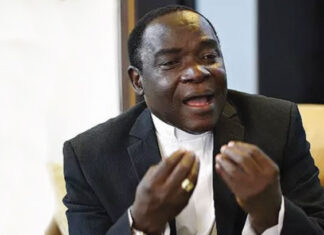Nigeria not on AfDB “strong growth” list for various reasons
By Jeph Ajobaju, Chief Copy Editor
Nigeria is not on list of 11 African countries expected to see strong growth in 2024, according to projections by the African Development Bank (AfDB) Group, a damper on hopes by the Bola Tinubu administration to begin raising economic output this year.
The AfDB in its latest Macroeconomic Performance and Outlook of Africa, said the continent will account for 11 of the world’s 20 fastest-growing economies in 2024, but Nigeria is not expected to be one of them.
It listed the 11 African countries with their estimated growth rate to include
- Niger – 11.2 per cent
- Senegal – 8.2 per cent
- Libya – 7.9 per cent
- Rwanda – 7.2 per cent
- Cote d’Ivoire – 6.8 per cent
- Ethiopia – 6.7 per cent
- Benin – 6.4 per cent
- Djibouti – 6.2 per cent
- Tanzania – 6.1 per cent
- Togo – 6 per cent
- Uganda – 6 per cent
The International Monetary Fund (IMF) has reduced its forecast for Nigeria and its economic growth to 3 per cent in 2024, down from 3.1 per cent projected in October 2023. This is contained in its World Economic Outlook update for January 2024.
The AfDB report said real Gross Domestic Product (GDP) growth for the continent is expected to average 3.8 per cent in 2024 and 4.2 per cent in 2025, higher than projected global averages of 2.9 per cent and 3.2 per cent.
The continent is expected to remain the second-fastest-growing region behind Asia.
AfDB President Akinwumi Adesina gave the figures at the launch of the report on the sidelines of the 37th Ordinary Session of the Assembly of the African Union in Addis Ababa, Ethiopia.
Said he: “Today, as we gather here, like other regions of the world, African continues to face multiple crises, including rising cost of living, weakening economic growth, a tightening of global financial conditions, shortage of concessional resources, increasing effects of climate change, lingering impacts of health pandemics, conflict, and geopolitical tensions.
“The interaction of these global and regional crises with existing regional structural weaknesses threatens to halt Africa’s gradual economic recovery and is hindering socioeconomic developments.
“Despite the challenging global and regional economic environment, 15 African countries have posted output expansions of more than 5 per cent.”
Adesina called for larger pools of financing and several policy interventions to boost Africa’s growth.
__________________________________________________________________
Related articles:
AfDB urges Tinubu to tackle unstable power supply urgently
AfDB signs deal with IFAD to support 40m African farmers
Poor quality agric export rejection costs Nigeria $700m
__________________________________________________________________
Challenges posed by global and regional risks
The latest AfDB report calls for cautious optimism given the challenges posed by global and regional risks such as rising geopolitical tensions, increased regional conflicts, and political instability – all of which could disrupt trade and investment flows, and perpetuate inflationary pressures.
The key findings of the report were presented by AfDB Chief Economist and Vice President Kevin Urama, a professor.
“Growth in Africa’s top-performing economies has benefited from a range of factors, including declining commodity dependence through economic diversification, increasing strategic investment in key growth sectors, and rising both public and private consumption, as well as positive developments in key export markets,” he said.
“Africa’s economic growth is projected to regain moderate strength as long as the global economy remains resilient, disinflation continues, investment in infrastructure projects remains buoyant, and progress is sustained on debt restructuring and fiscal consolidation.”
Albert Muchanga, African Union Commission (AUC) Commissioner for Economic Development, Trade, Tourism, Industry and Minerals, highlighted the importance of collaboration, saying: “The future of Africa rests on economic integration. Our small economies are not competitive in the global market.
“A healthy internal African trade market can ensure value-added and intra-African production of manufactured goods.”











